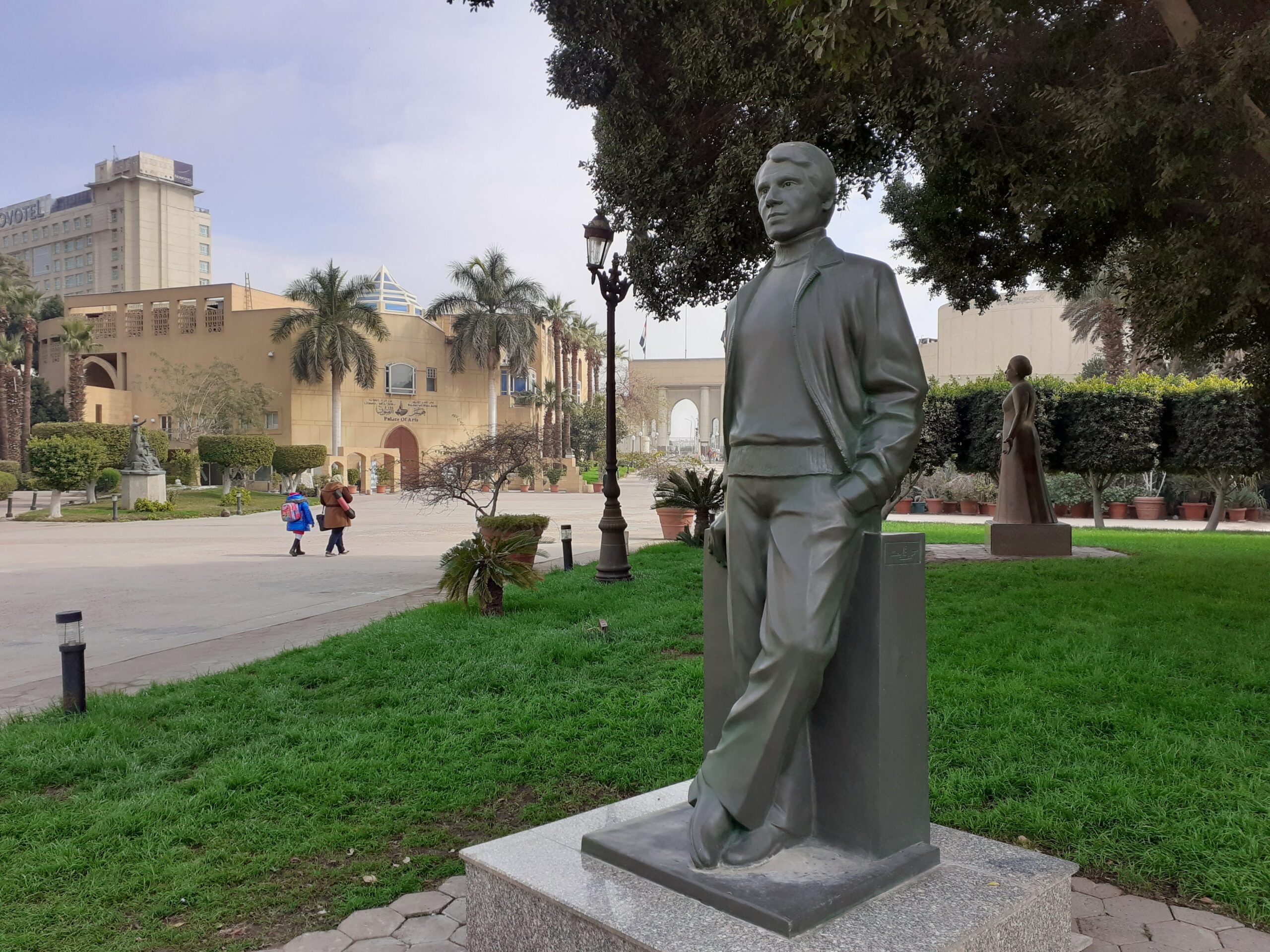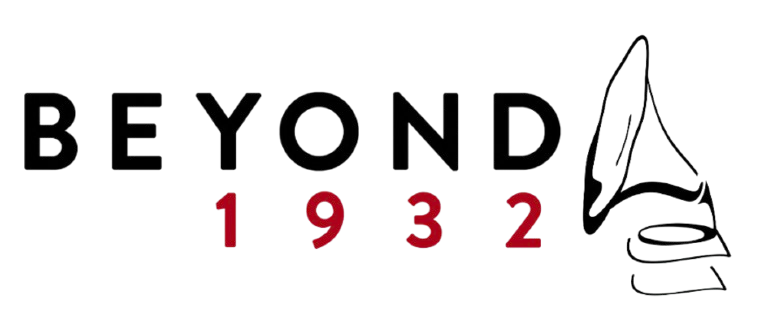
- This event has passed.
‘Song and Dance-scapes in Popular Turkish, Greek and Egyptian Cinema/Theatre’ workshop

Martin Stokes organised a 1-day workshop on May 31, ‘Song and Dance-scapes in Popular Turkish, Greek and Egyptian Cinema/Theatre’, with Anne R David (Roehampton KCL), Dafni Tragaki (University of Thessaly), Carole Woodall (University of Colorado, Colorado Springs), Lydia Papadimitriou (John Moores University, Liverpool), Cüneyt Çakırlar (Nottingham University), Samar Abderrahman (Liverpool University), Iain Smith (KCL), Yara Salahiddeen (KCL), Shreya Anasuya (KCL), and Chihab El Khashab (Oxford).
“This interdisciplinary workshop starts by questioning, with Sabri Hafez, the insistence on the national frame of reference in film studies in Egypt – an observation that can easily enough be extended to Turkey and Greece. The popular song and dance-scapes in mid-20th century theatre and film in the eastern Mediterranean would seem to call for an entirely different approach. So much circulates in translated form – translation being understood here very broadly, embracing the uncanny echo just as much as deliberate borrowings, adaptations and appropriations of songs, dances, entire plots, mise-en-scènes and so forth, of which devotees of these cinemas are generally, and to greater or lesser extents, aware. A great deal, too, took shape in the dual forcefields of Hollywood and Bollywood, and across the entire region. Singing and dancing bodies pose some classic problems in film studies (viz. Richard Dyer and others on stars). Starting with, and thinking through them, may however be exactly what is required to generate fresh insights into the fields of circulation that define 20th century Turkish, Greek and Egyptian cinemas and their immediate hinterlands (musical theater, operetta, vaudeville etc.) The insights of queer and performance theory, film and media studies, anthropology, musicology and ethnomusicology all seem vital, too, but are rarely in conversation, in this field at least, and this is another modest aim of the workshop.”

